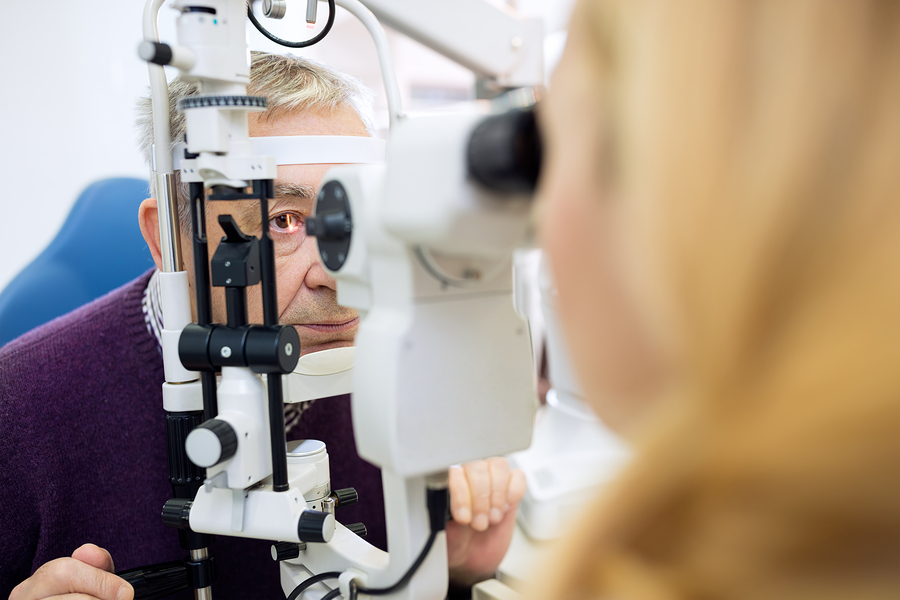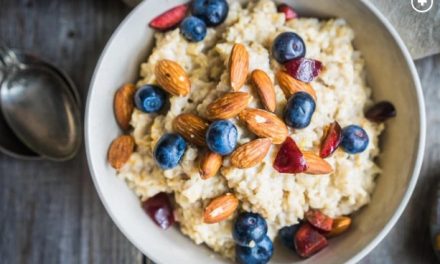A new study published in JAMA Ophthalmology has found that exposure to sunlight may reduce the risk for nearsightedness.
From the article:
“Researchers recruited 371 men and women with nearsightedness, or myopia, and 2,797 without. Their average age was 72. They gave them eye examinations, took blood samples and interviewed them about their health and behavior over the years, estimating exposure to ultraviolet B rays.”
The team found:
- Those with the highest UVB exposure, especially as teenagers and young adults, had around a 30 percent lower risk for myopia than those with the lowest exposure.
- When a subject had more schooling their risk of nearsightedness increased, by double.
- People with the highest blood levels of lutein, a nutrient found in leafy vegetables, had a 43 percent reduced risk of nearsightedness compared with those with the lowest levels.
Obviously more study needs to be done but in general, it seems that spending time outdoors is good advice for those trying to reduce the chance of getting myopia (the sun isn’t evil, just make sure to be responsible as you acquire the all important Vitamin D).
Source: NY Times












